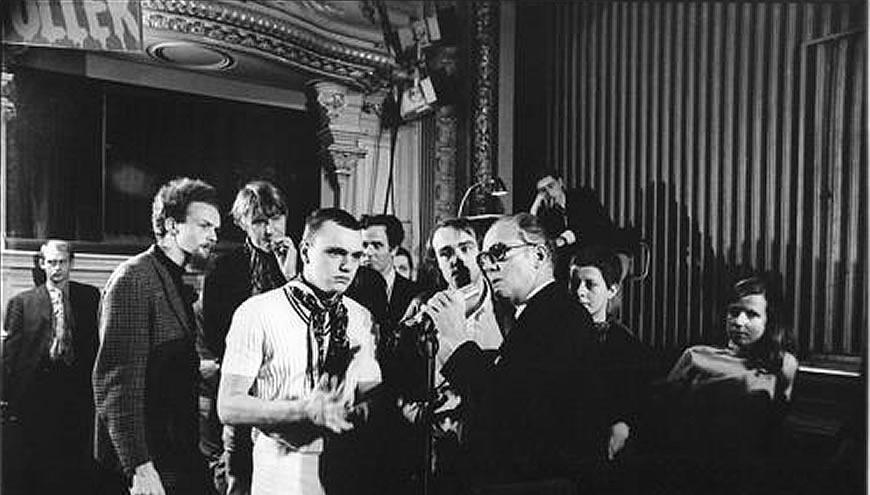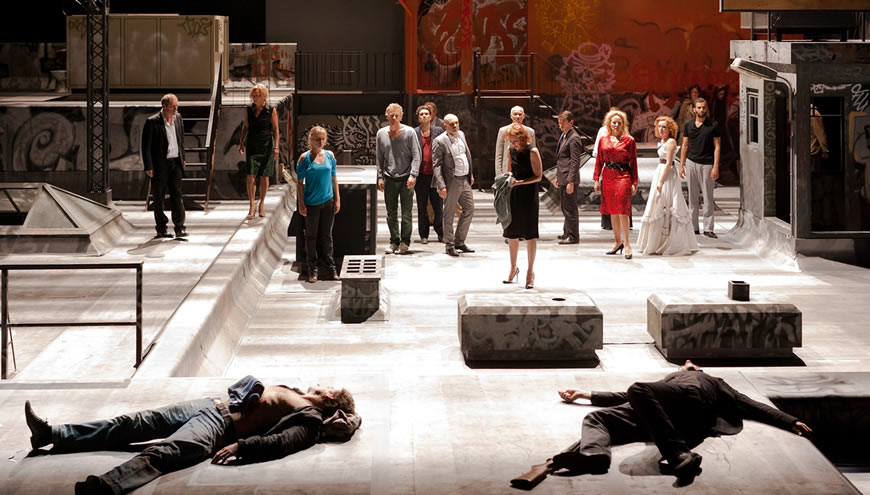About the Netherlands
Othello in Taipei
Throwing tomatoes for change
In the late 1960's, the Netherlands was caught in an identity crisis. On the one hand, the Netherlands was still a very traditional - some might even say conservative - country where time-honored traditions held fast and where old-fashioned values still ruled all aspects of everyday life. But change was in the air and rock music, "free love", hippies, long hair, woman's rights, student protests were challenging the established order.
The battle was even taken to the stage; during the famous "Tomato Riots" (Actie Tomaat), disenfranchised young actors took to throwing tomatoes at their older colleagues as they performed a traditional – and in the view of the young Turks, an inexcusably stuffy and outdated – version of Shakespeare's The Tempest. Rebellious young theatre makers founded their own ensembles and creative new collectives, vowing to re-explore the limits of stage drama.
Today, Dutch theatre is alive and well, and doing surprisingly well overseas, in spite of the fact that the subtleties of the Dutch language are fairly inaccessible to anyone who is not a native speaker. Modern tools such as digital real-time subtitles and, of course, multilingual actors have allowed Dutch drama to travel wide and far: to Vienna, New York, Melbourne, and, of course, Taipei.
Last year saw a boisterous Dutch Othello and his brooding sidekick Iago roam the stage in the National Theatre in Taipei, where Toneelgroup Amsterdam was performing Shakespeare's classic play about revenge and jealousy for a delighted Taiwanese audience. It was a visually stunning staging of the classic play that explored the boundaries of traditional storytelling for the stage and showed the world that contemporary Dutch theatre has made good on its promise to challenge, re-invent and move on.




